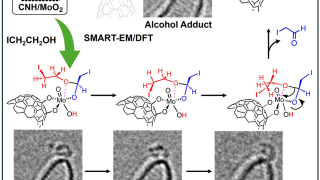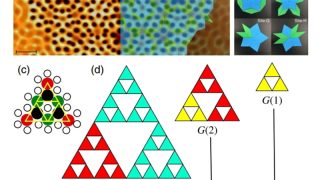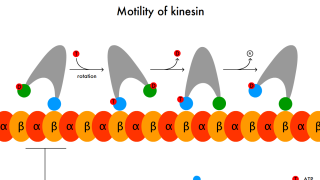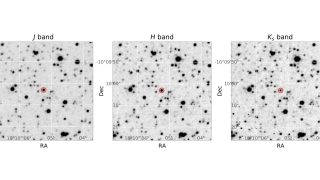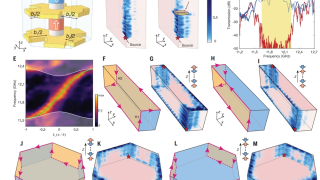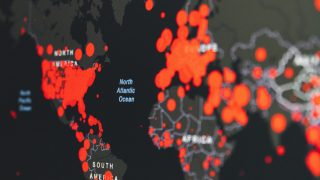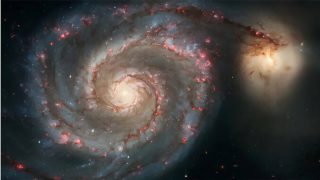
What if the universe rotates?
A new study suggests the universe may rotate—just extremely slowly. The finding could help solve one of astronomy’s biggest puzzles. Current models say the universe expands evenly in all directions, with no sign of rotation. This idea fits most of what astronomers observe. But it doesn’t explain the so-called Hubble tension—a long-standing disagreement between two […]


